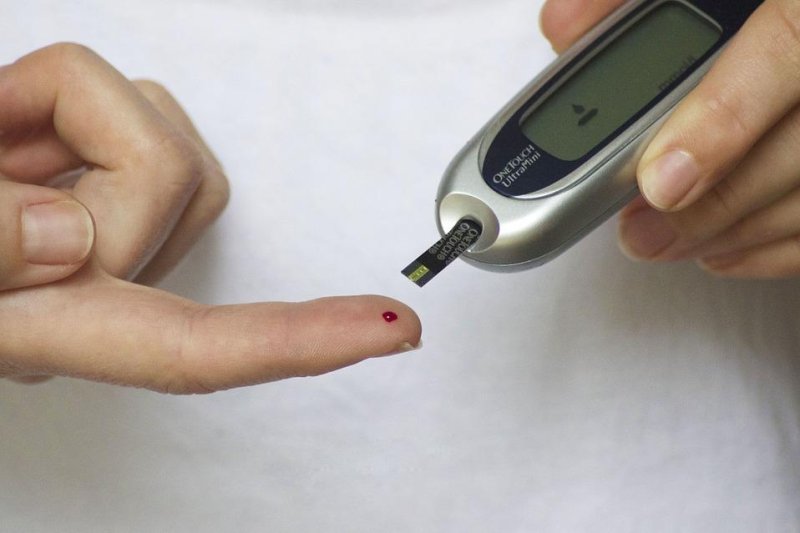Jan. 25 (UPI) -- Researchers are investigating the efficacy of sodium glucose co-transporter 2 inhibitors, a new class of drugs to treat type 2 diabetes, on kidney function.
Type 2 diabetes is known to have damaging effects on the kidneys and can result in kidney failure requiring dialysis or kidney transplant.















